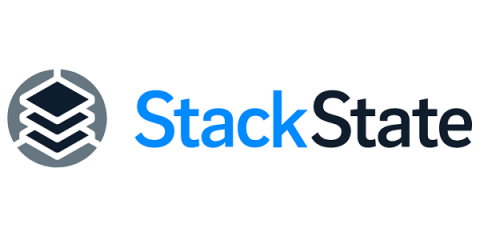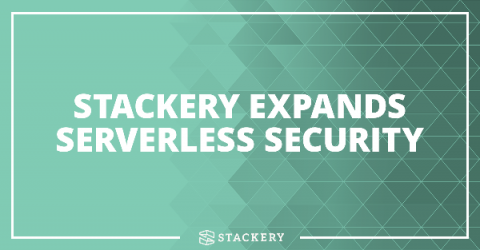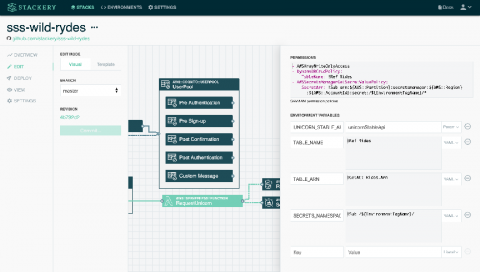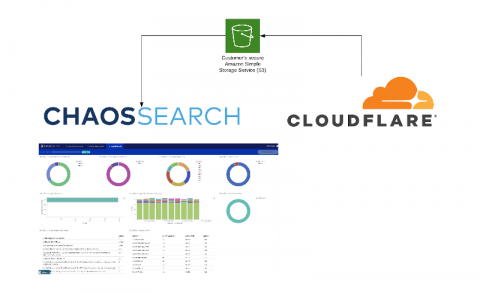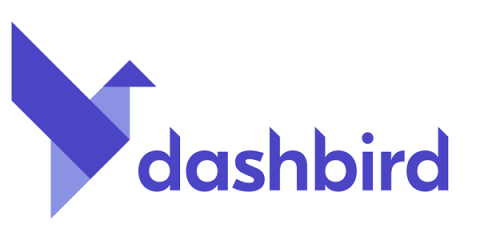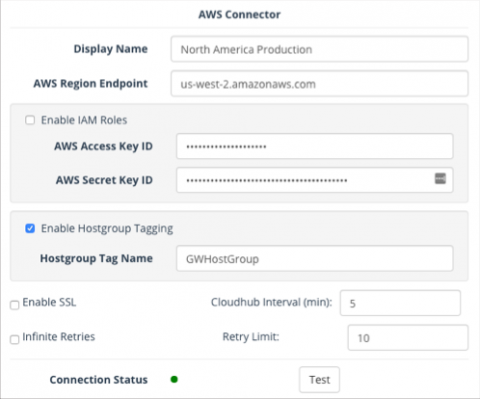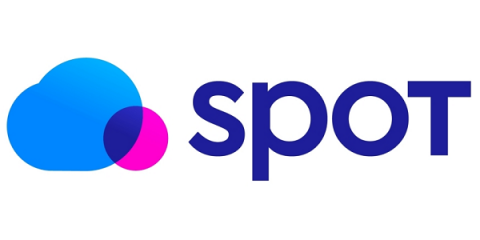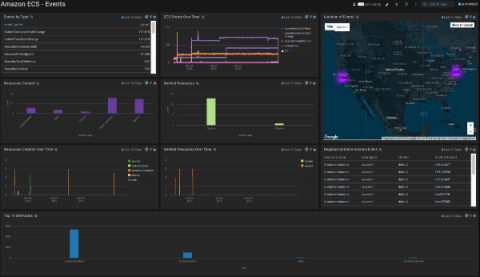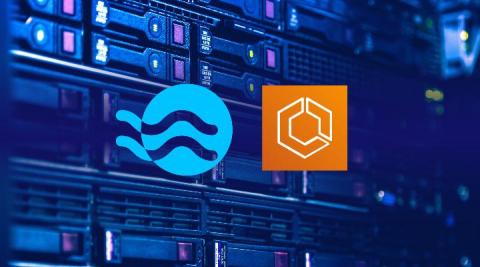Introducing: Observability for Cloud & Containers
Are you currently dealing with complex and fast-changing Cloud & Container environments? If your answer to that question is yes, then you are probably looking for an easy solution that gives you complete control to make sense of all these fast and complex IT environments. In the dynamic world of microservices and containers, traditional monitoring solutions are no longer sufficient to provide needed visibilities to maintain healthy and happy environments.


